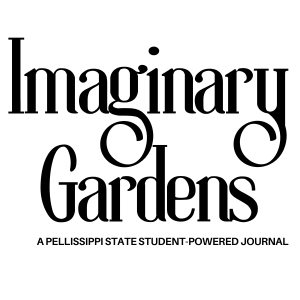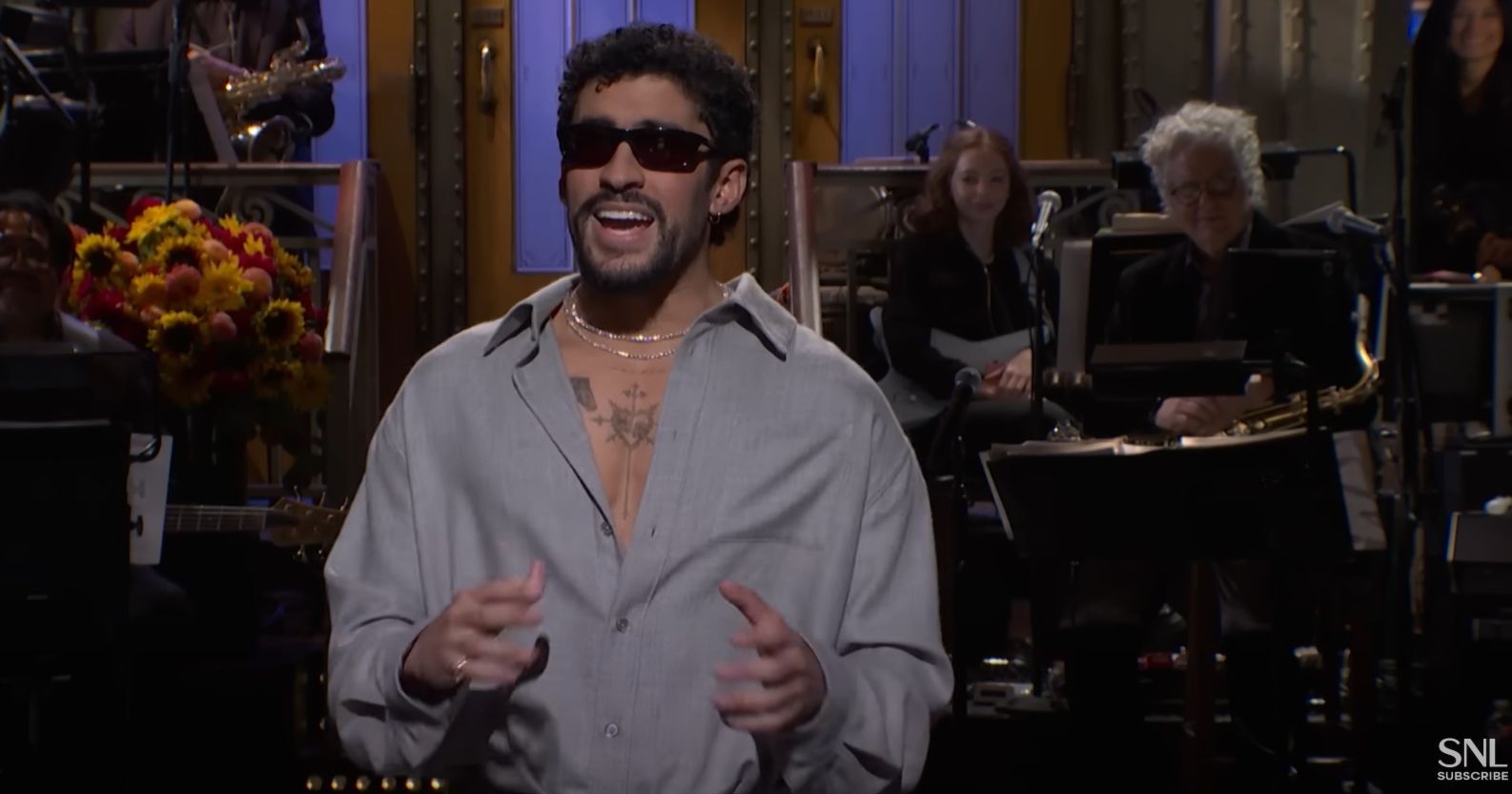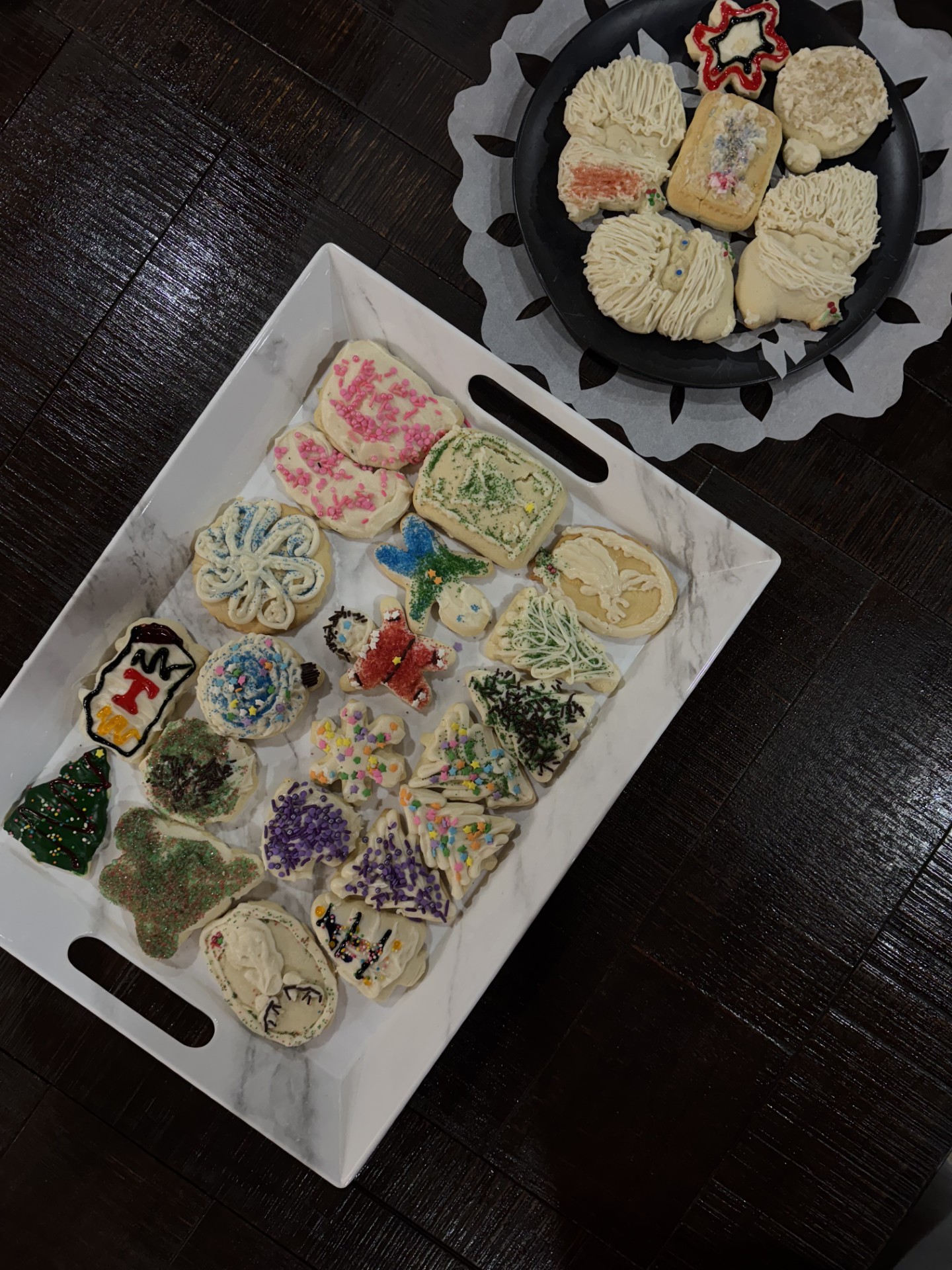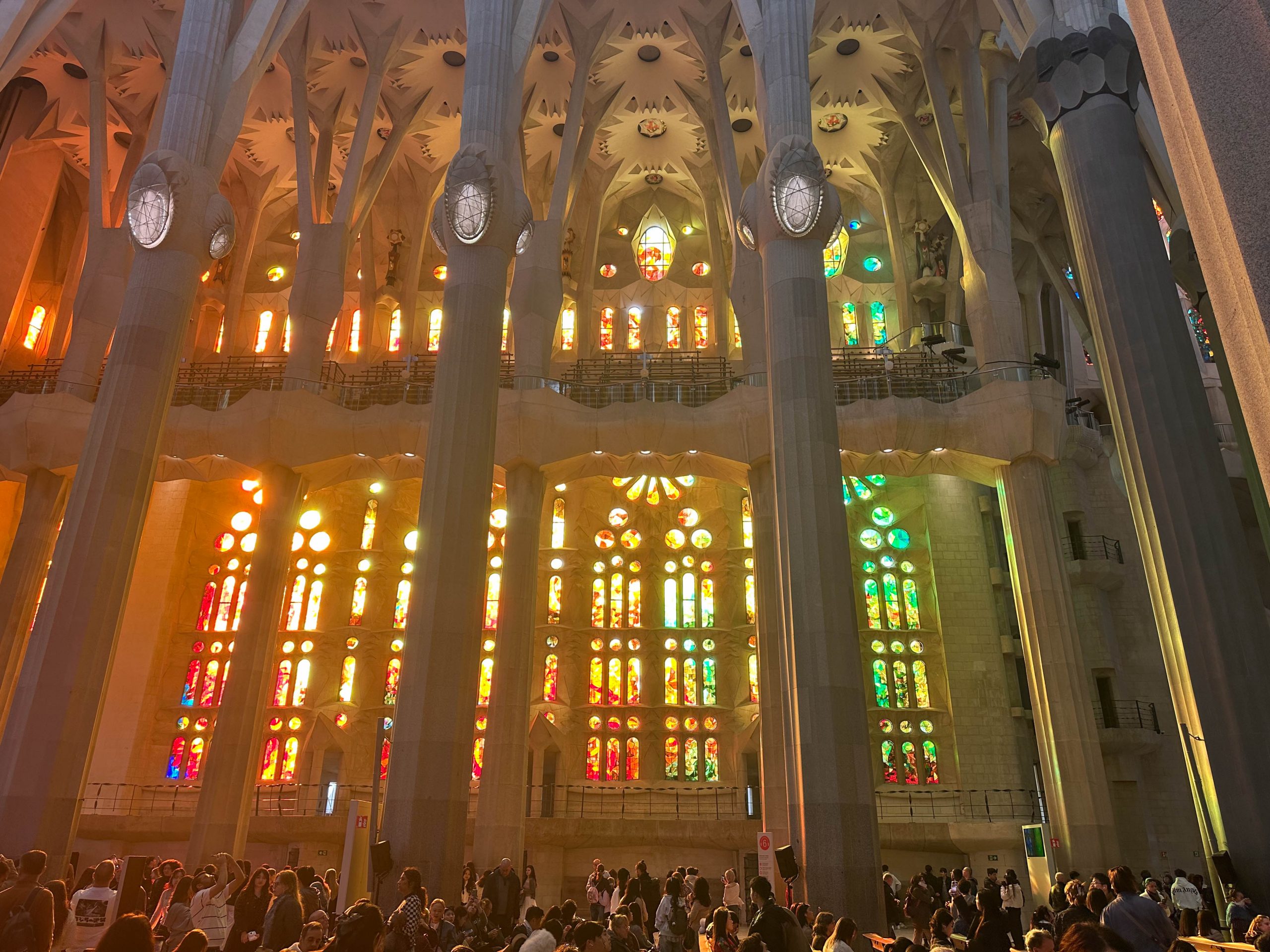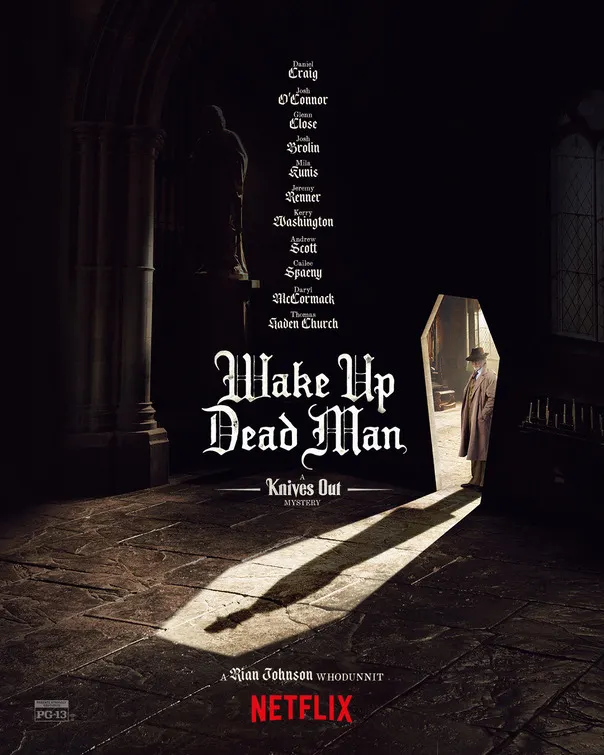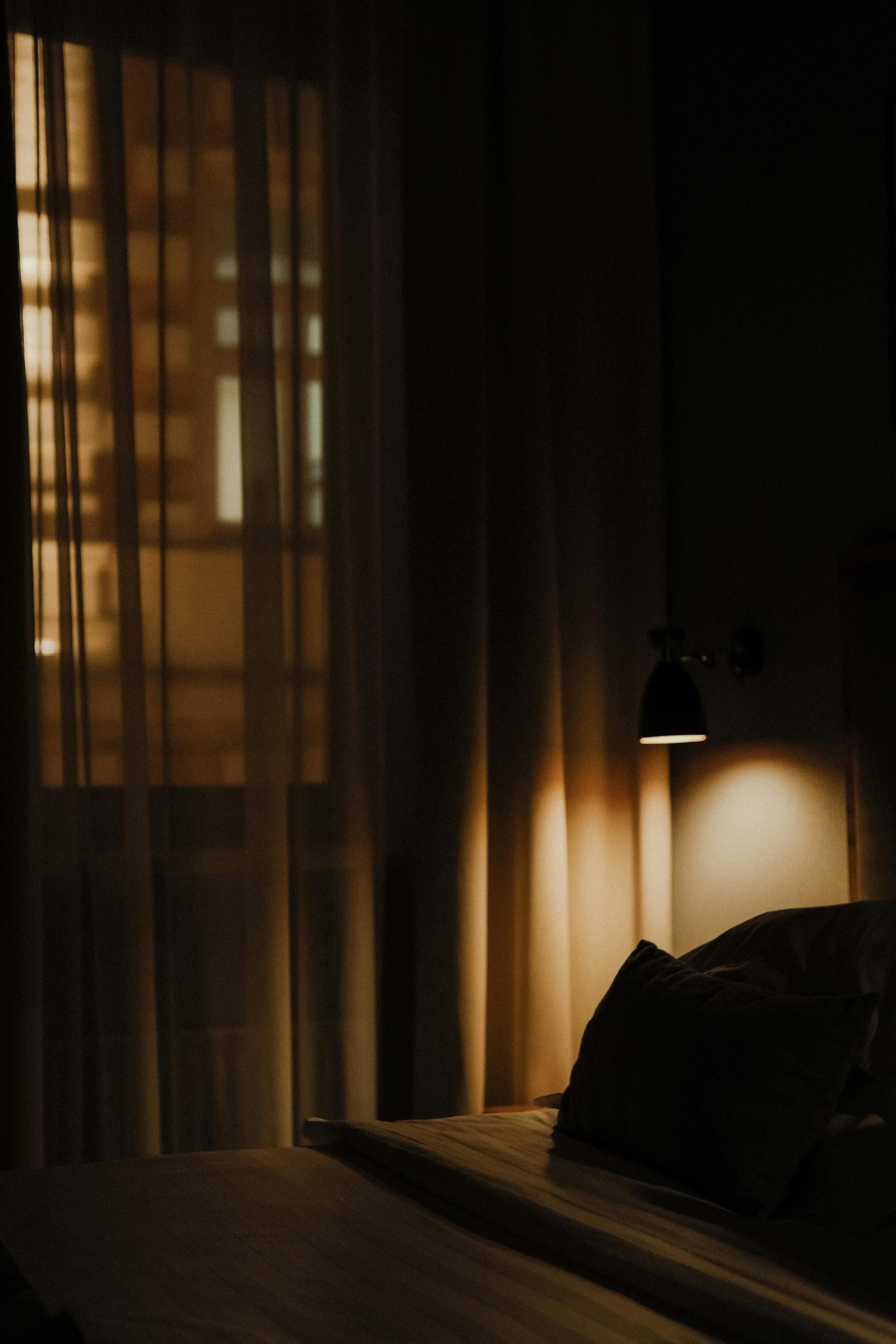By Anna Trevathan, Managing Editor
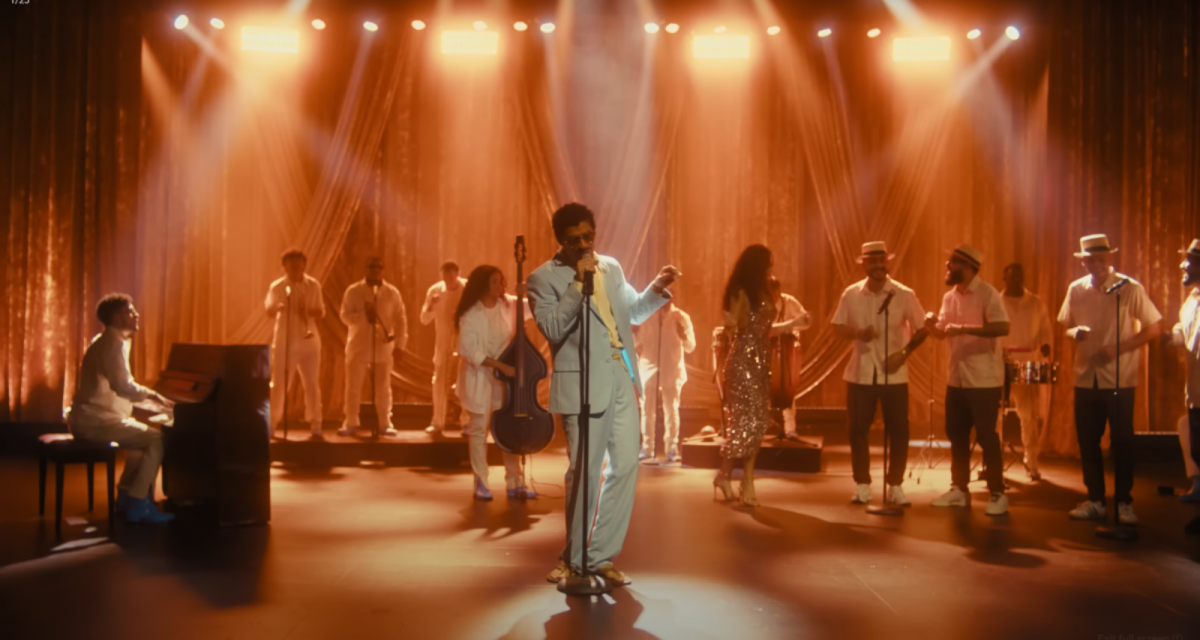
DeBÍ TiRAR MáS FOToS, or DTMF, spent four weeks at the #1 spot on the Billboard Hot 100, which should come as no surprise to anyone who listened (or translated) the album and its lyrics. The album is an ode to memories: memories of lost loved ones, lost homelands to tourism, and the simple life Bad Bunny himself has lost in the pursuit of fame and his career. The title itself, “DeBÍ TiRAR Más FOToS” translates in English to “I should have taken more photos”, a sentiment that many fans and, honestly, most human beings on Earth have felt at one point or another.
Memories, Loss, and Gentrification
For me personally, this album made me think about my brother who passed away and it helped me find peace in the photos that we never got to take together. The memories I have no way to relive other than the snapshots in my mind. Alongside the loss of my brother, I have also been seeing video upon video of tourists visiting and living in Mexico City for cheap lifestyles and complaining about the spice at taco stands. If you are reading this and feeling like this does not apply to you, I would like you to think about Californians moving into Tennessee for the same reason, and the prices of houses becoming unattainable for our average Knoxvillian. There is a rhetoric going around that his music is exclusionary, but I guarantee you this album is your ticket into Bad Bunny, and that you will find one line you relate to.
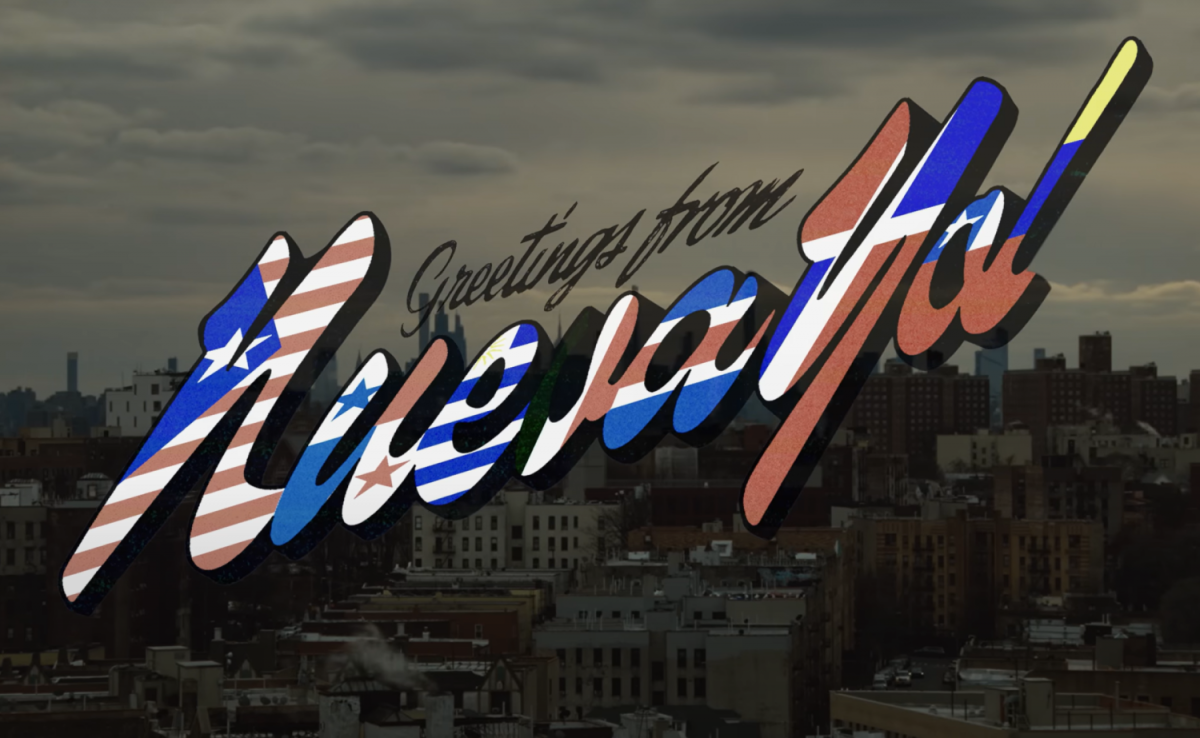
Other hit singles off the album include “Nuevayol,” which I like to think of as the Latino version of Sinatra’s “New York, New York.” It’s an ode to all things New York, and all of the diverse Latino population that helps make the city what it is. This song also features a sample from a classic song, “Un Verano en Nueva York” by El Gran Combo de Puerto Rico – a song which, if you’ve been Salsa dancing in the last decade, you should be plenty familiar with. If you haven’t, I recommend learning before this winter (more on that later!).
Identity: A Soundtrack
“Baile Inolvidable” is another viral track off the album, which came with such joy for the Latino community. This is a song that touches on one of the first expressions of love in the Latino community, which is being taught how to dance. The refrain of the song goes:
“No, no te puedo olvidar/ No, no te puedo borrar/ Tú me enseñaste a querer/ Me enseñaste a bailar.” // Translated in English: “No, I can’t forget you/ No, I can’t erase you/ You taught me how to love/ You taught me how to dance.”
While this song could be about an ex, and possibly is, having these lyrics coupled with an amazing salsa sound and a big band in the back makes me emotional every time I hear it, even on my thousandth listen. I can close my eyes and see my aunts, uncles, cousins, and grandparents dancing in the yard in the summertime with a CD playing from the car radio.
“No Me Quiero Ir de Aquí”: Politics of Home and Belonging
Being so connected to this album, I was willing to take on a small mountain of credit card debt to see him perform this live until he announced that DTMF would not be coming to a continental American audience.
In an interview with I-D Magazine, he discusses this decision saying, “There were many reasons why I didn’t show up in the US, and none of them were out of hate—I’ve performed there many times. All of [the shows] have been successful. All of them have been magnificent. I’ve enjoyed connecting with Latinos who have been living in the US, but specifically, for a residency here in Puerto Rico, when we are an unincorporated territory of the US… People from the US could come here to see the show. Latinos and Puerto Ricans of the United States could also travel here, or to any part of the world. But there was the issue of—like, fucking ICE could be outside [my concert]. And it’s something that we were talking about and very concerned about.”
The influence of ICE on the lives of Latinos in America has been nothing short of overwhelming, with many undocumented citizens scared to attend churches and grocery stores, let alone a concert of this magnitude. With recent news like what’s been happening in Chicago, with “Military-Style Ice Raids” leaving children who are citizens in handcuffs, it’s no wonder that Bad Bunny would care enough about his fans to even potentially risk their safety.
Livestreaming: Puerto Rico Meets World
However, Bad Bunny found an amazing loophole through Amazon Prime. Amazon Music livestreamed the last concert of his Puerto Rican Residency, “No Me Quiero Ir de Aquí.” letting all of his American Latino fans enjoy his concert from the safety of their own living rooms. It allowed him to celebrate his home island on an international scale, with the sets being modeled after places in Puerto Rico. Several artists joined him on stage, such as Ñengo Flow, Jowell y Randy, Dei V, RaiNao, Arcángel, and De La Ghetto. Most notably of all these features, he brought out Latino Icon (confirmed: my mom was starstruck), Marc Anthony, for a longtime anthem of Puerto Rico, “Preciosa.” This song dates back to 1937 and was originally written by Rafael Hernández Marín, as the precursor to this modern album and a true love letter to Puerto Rico.
Where Accessibility Meets Advocacy: Giving Back to the Island
According to Amazon Music, this show was the most-watched performance from a single artist to date for the platform. This was nearly a four-hour show and such a special treat for fans who were unable to see his concert in person. In a world where artists are charging a ridiculous amount of money to see them, for example, Taylor Swift’s Eras tour that cost an average of $1,550 per seat according to Gametime, Bad Bunny’s concert tickets costing the $8.99 Amazon Membership is an incredible deal. This show is a dedication from him to his fans who were like him once, working in grocery stores to make ends meet.
The livestream also served as a start to a multi-year partnership with Amazon, which will work with his Good Bunny foundation to help Puerto Rico develop in sectors including: education, technology, agriculture, and economic development. Rocío Guerrero, Director of Music, Latin-Iberia for Amazon Music, made a statement on this work with the foundation: “Benito embodies the spirit of Puerto Rico, and together we’re creating a celebration that transforms his passion for the island into real impact for its people.” Several artists come out of poor/inner city communities, but it’s inspiring seeing one actually take their success to give back to that community on this large of a scale.
From San Juan to the Super Bowl
The Offense:
In September 2025, the NFL officially announced Bad Bunny as the Super Bowl LX Halftime Show Performer, sparking both outrage and joy. On the side of those outraged, United States Secretary of Homeland Security Kristi Noem, while speaking to Benny Johnson on “The Benny Show” discussed her responsibility to “make sure everybody who goes to the Super Bowl has the opportunity to enjoy it and to leave safely. That’s what America’s about. We’ll be all over that place.” Noem then added that those attending the Super Bowl should be law-abiding Americans “who love this country” (Fox News). In general, the responses on social media from those who oppose Bunny’s performance include calling him un-American (for those still with me: Puerto Rico is an American territory), and criticizing the decision to speak Spanish during the Halftime Show. On the topic of Spanish in the United States, there was no official language before March 1st 2025, much less a mandatory language for a Super Bowl Halftime Show.
Bad Bunny’s music has consistently explored this tension between being Puerto Rican in relation to the U.S. (see: Neuvayol’s Music Video). The resistance to a show like this proves how necessary a performance like this could be to finding unity. There is no effort being made by Bad Bunny to reject the American identity, only one to make sure the Latinos (and especially the Puerto Ricans!) are a part of that identity.
The Defense:
For some joy, I will spare you from my Great American Novel on what this means to my family and me. Instead, I will use words from Bad Bunny himself. On Saturday Night Live, during his opening monologue, he said, “I’m very happy, and I think everyone is happy about it—even Fox News. People all around the world who love my music.” This part was in Spanish, so here’s a translation: “Especially all of the Latinos and Latinas in the world here in the United States who have worked to open doors. It’s more than a win for myself, it’s a win for all of us. Our footprints and our contribution in this country, no one will ever be able to take that away or erase it.” Then, in English, he said, “If you didn’t understand what I just said, you have four months to learn.”
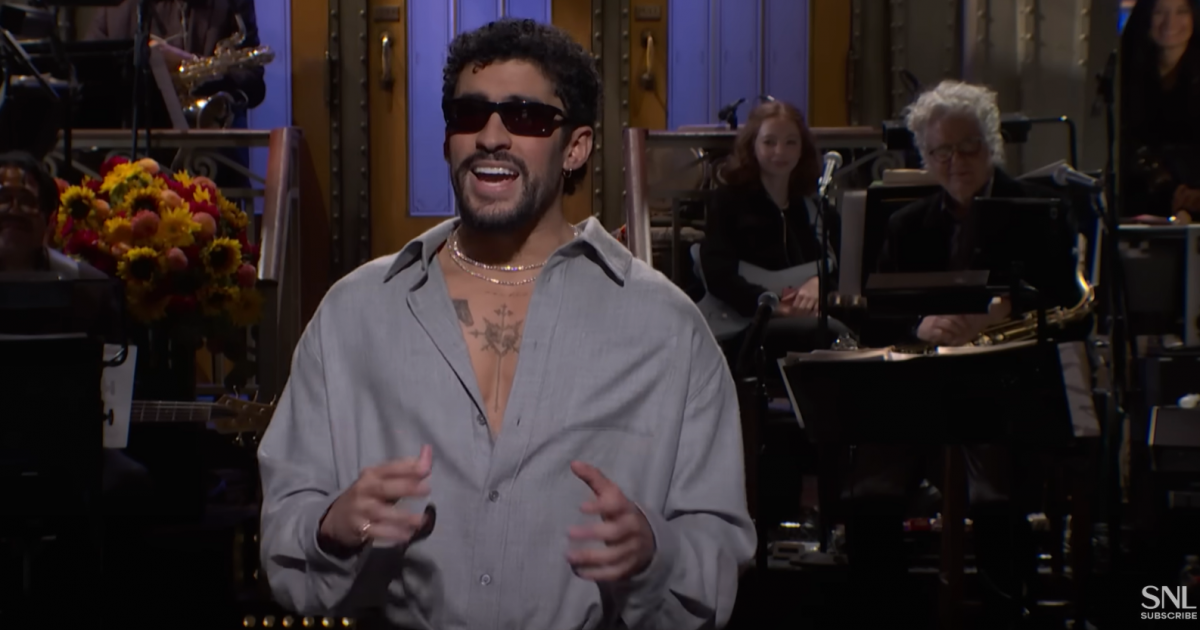
This is a moment where we see such strength of character, as his joke is actually a declaration. He’s, once and for all, clarifying that there will be Spanish on the biggest stage in America. Not only is he proud to be doing that, but he will be doing this for all the Latinos who came before him.
From the photos that we wish we had taken to the people we wish we could dance with one more time, Bad Bunny has turned nostalgia into resistance. Resistance from a country that often “others” Latinos, as his voice carries his island with him. When he steps onto that Super Bowl stage, I hope that he performs loud and proud for every Latino who has been told to quiet down before him. For the millions like me, who see themselves in him and his music, it’s time to celebrate a touchdown for all of us.
